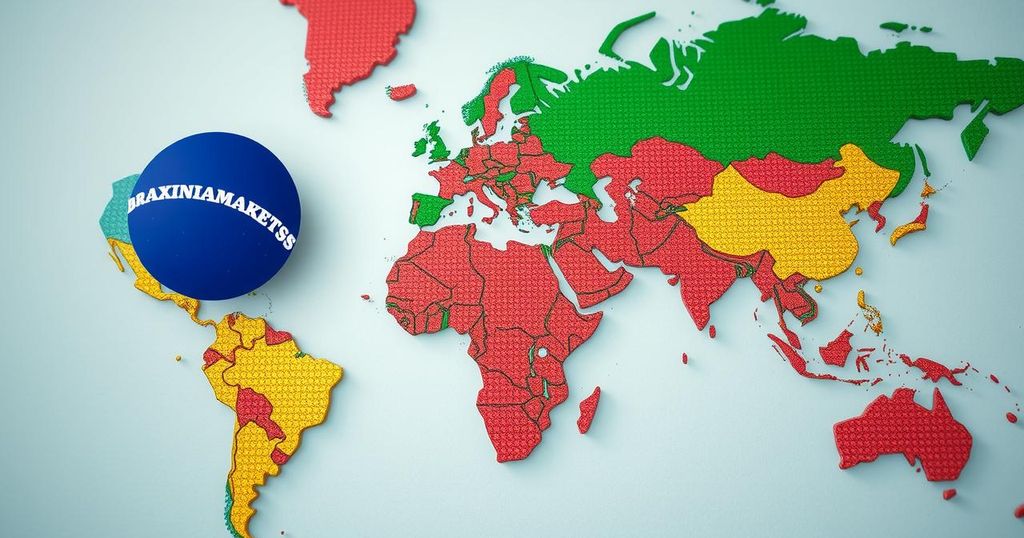Brazil Expands Agricultural Exports to Eurasian Union, Saudi Arabia, and Thailand

Brazil has achieved market openings for the export of bananas and walnuts to the EEU, yerba mate and macadamia nuts to Saudi Arabia, and fishmeal and fish oil to Thailand. These moves enhance the country’s agricultural export capabilities and reflect strong international confidence in Brazil’s sanitary controls. Together, these developments will bring the total to 221 new market openings in 2024, resulting from efforts by MAPA and MRE.
The Brazilian government has recently announced significant market openings, enabling the export of new agricultural products to various countries. Notably, the Eurasian Economic Union (EEU), encompassing Armenia, Belarus, Kazakhstan, Kyrgyzstan, and Russia, has approved the import of Brazilian bananas and walnuts. This year, the value of agricultural exports from Brazil to the EEU surpassed USD 1.3 billion. Furthermore, Saudi Arabia has authorized the exportation of yerba mate and macadamia nuts from Brazil, contributing to a record USD 2.3 billion in exports in 2024. Additionally, the Thai government has permitted Brazil to export fishmeal and fish oil, which are essential for various industrial applications, with imports valued at over USD 2.7 billion from January to November 2024. These advancements are indicative of Brazil’s robust agricultural sector, as it prepares for a total of 221 new market openings by 2024—a substantial increase since the beginning of 2023. The collaborative efforts between the Ministry of Agriculture and Livestock (MAPA) and the Ministry of Foreign Affairs (MRE) are evident in these successful negotiations. The Brazilian government’s endeavors to diversify its export portfolio and establish strengthened international trade relations highlight the global confidence in Brazil’s regulatory practices regarding food safety and phytosanitary controls.
Brazil is a significant player in the global agricultural market. The recent approvals for the export of various products to the EEU, Saudi Arabia, and Thailand underscore Brazil’s efforts to diversify its market reach and enhance its agricultural exports. The EEU’s acceptance of Brazilian products is particularly notable given the region’s growing demand for diverse food products. Moreover, Saudi Arabia’s increasing imports from Brazil reveal a strengthening bilateral trade relationship. Thailand’s allowance for fishmeal and fish oil exports illustrates Brazil’s capability to meet varied international demands in the agricultural sector. This increased access marks a strategic move for Brazil to further its global agricultural presence.
In conclusion, the Brazilian government’s recent agreements to export agricultural products to countries such as those in the EEU, Saudi Arabia, and Thailand signify a vital expansion of Brazil’s agricultural market. These new opportunities demonstrate the nation’s commitment to establishing solid trade relationships and diversifying its export portfolio. The resultant growth in market openings—221 by 2024—illustrates the efficacy of cooperative efforts between MAPA and MRE in bolstering Brazil’s position in the global agribusiness landscape.
Original Source: www.gov.br






